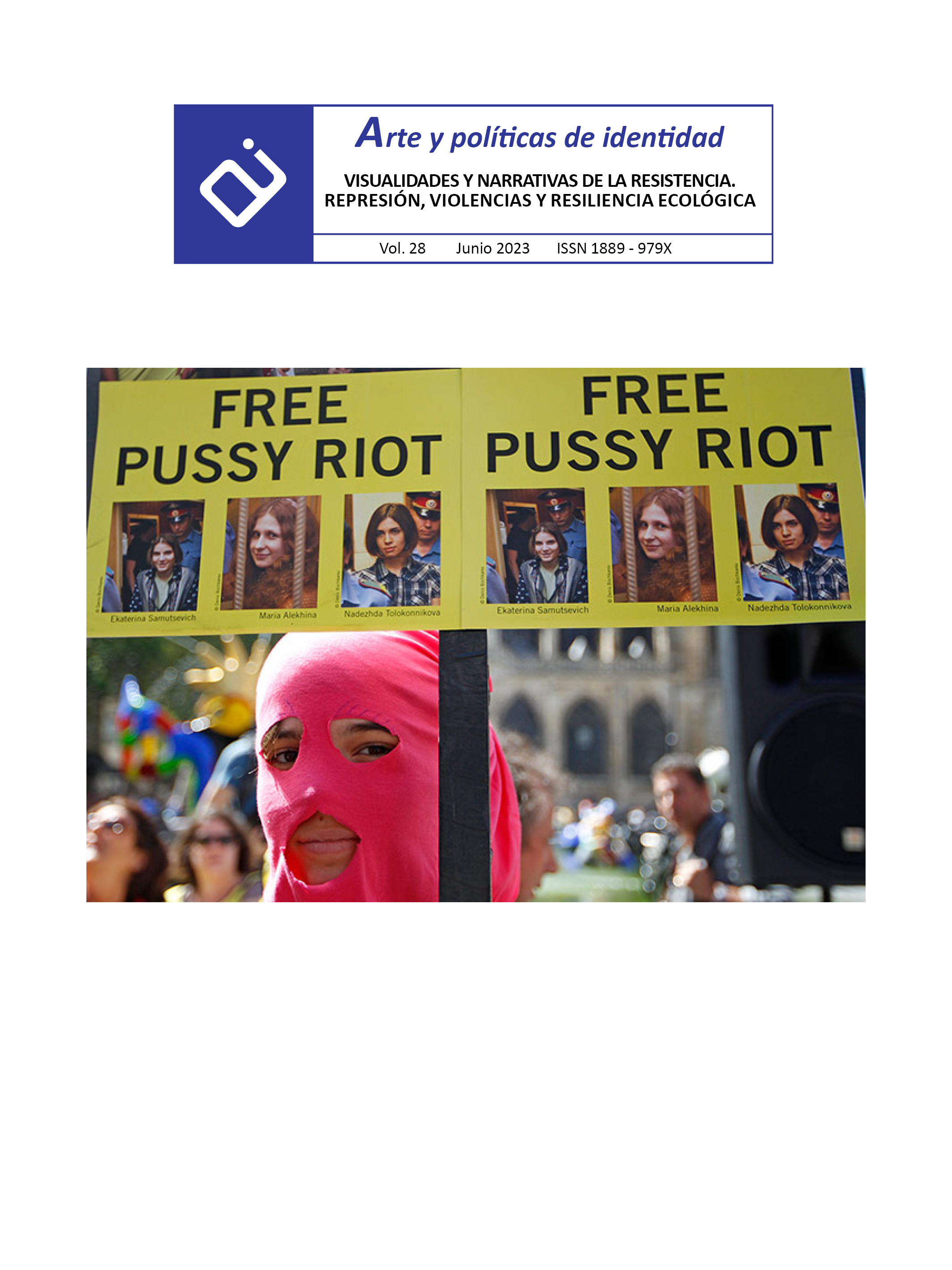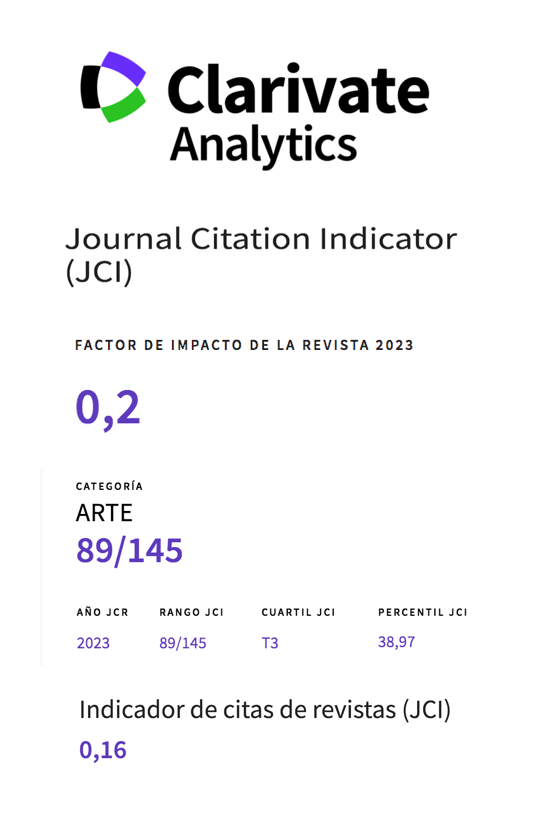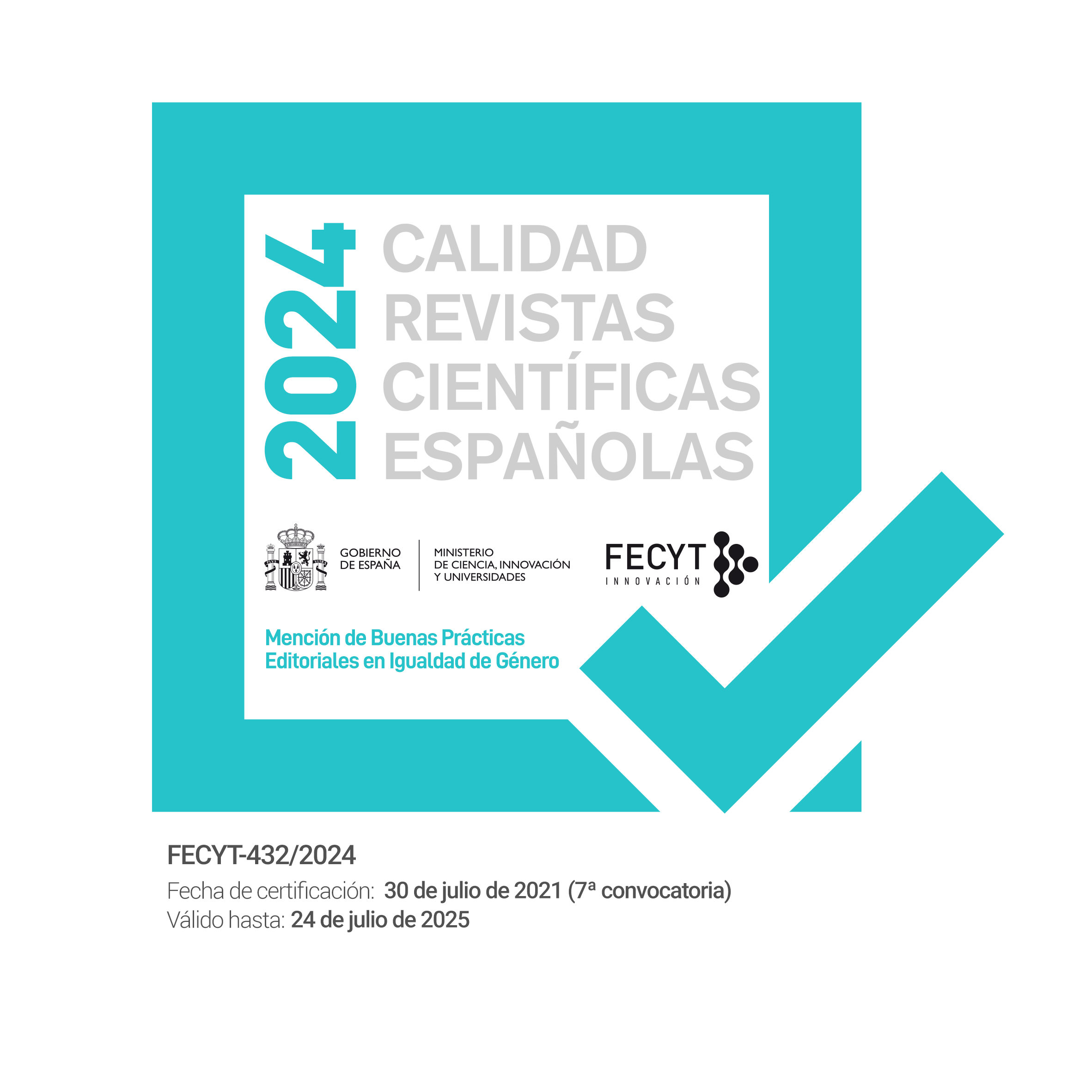Paths and discoveries: Collaborative practices with incarcerated women in Centro de Reinserción Social in Mexicali, Baja California, Mexico
Abstract
This article presents the discoveries of Ave Fénix, a project that works with incarcerated women in Centro de Reinserción Social in Mexicali, Baja California, México. We explored the possibilities of collaborative and interdisciplinary work, where experimentation and dialogue became the foundations for creating experiences located in the body and affects. This laboratory starts from a disobedient and undisciplined epistemology that operates from horizontality, affectivities, and communality. Drawing, painting, performative exercises, photography, writing, and body movement were integrated as pedagogical artistic processes that triggered transformative events.
The project proposes an affective and embodied artistic-pedagogical practice that responds to encounters as a process to resignify life as dignified and autonomous, and envisions
possibilities for agency and solidarity in a site of control and discipline. We present the findings that created moments of resistance and re-existence for all the people who participated in the project.
Downloads
-
Abstract403
-
pdf (Español (España))386
References
Atkinson, D. (2018). Art, Disobedience, and Ethics: The Adventure of Pedagogy. Springer International Publishing. https://doi.org/10.1007/978-3-319-62639-0
Badiou, A. (2005). Being and event. Continuum.
Acaso, M. (2013). rEDUvolution. Hacer la revolución en la educación. Paidós.
Berlanga, B. (2014). Fragmentos acerca del artilugio en la pedagogía del sujeto. Universidad campesina indígena en red. https://www.academia.edu/11795414/FRAGMENTOS_ACERCA_DEL_ARTILUGIO_EN_LA_PEDAGOG%C3%8DA_DEL_SUJETO
Bourriaud, N. (2008). Estética relacional. Adriana Hidalgo.
Calderón García, N. (2020). Habitar el pliegue.: El SPIA como una experiencia donde se cohesiona la práctica artística y la pedagógica. En R. García-Huidobro Munita (Ed.) Cruzar la mirada: Resignificar a las artes en la sociedad actual (pp. 153–172). Universidad de Los Lagos.
Calderón, N. y Cervantes, A. (2022) Cuerpos vivos, territorios vivos, saberes vivos en Saberes vivos en la investigación artística.Códice. https://investigacionspia.wordpress.com/publicaciones/
Calderón, N. y Hernández, F. (2018). La investigación artística. Un espacio de conocimiento disruptivo en las artes y en la universidad. Editorial Octaedro.
Castro-Gómez, S. (2007). La hybris del punto cero: Ciencia, raza e Ilustración en la Nueva Granada (1750-1816). Editorial Pontificia Universidad Javeriana.
Dewey, J. (2008). El arte como experiencia. Barcelona: Paidós.
García-Huidobro, R. (2020). Cruzar la mirada. Resignificar a las artes en la sociedad actual. Universidad de Los Lagos y RIL Editores.
Hernández, F. (2011). Pensar la relación pedagógica en la universidad desde el encuentro entre sujetos, deseos y saberes. Universitat de Barcelona. Dipòsit Digital. http://hdl.handle.net/2445/20946
Phelan, P. (2011). Ontología del performance. Representación sin reproducción. En Taylor, Diana, Fuentes, Marcela (editoras). Estudios avanzados del performance. Fondo de Cultura Económica.
Rancière, J. (2003). El maestro ignorante. Cinco lecciones sobre la emancipación intelectual. Laertes.
Runge, A. K. & Muñoz, D. A. (2012). Pedagogía y praxis (práctica) educativa o educación de nuevo: una diferencia necesaria. En Revista Latinoamericana de Estudios Educativos (Colombia), (8), n. 2, julio-diciembre, pp. 75-96. Universidad de Caldas, Manizales, Colombia. https://www.redalyc.org/pdf/1341/134129257005.pdf
Mignolo, W. (2009). Epistemic Disobedience, Independent Thought and Decolonial Freedom. Theory, Culture & Society, 26(7-8), 159–181. https://doi.org/10.1177/0263276409349275
Mignolo, W. y Walsh, C. E. (2018). On decoloniality: Concepts, analytics, praxis. On decoloniality. Duke University Press.
TABLERO. Archivo virtual sobre arte y educación (30 de mayo 2017) TABLERO – Luis Camnitzer [Video]. Youtube. https://www.youtube.com/watch?v=mmwAgUYYpCI
Copyright (c) 2023 Servicio de Publicaciones de la Universidad de Murcia

This work is licensed under a Creative Commons Attribution-NonCommercial-NoDerivatives 4.0 International License.
Works published in this journal are subject to the following terms:
- The Service of Publications from the University of Murcia (publishing house) keeps the published works’ copyrights, and favors and allows the reuse of these works under the license indicated in point 2.
- Works are published in the journal’s online edition under the license Creative Commons Reconocimiento-NoComercial-SinObraDerivada 3.0 España(texto legal). They can be copied, used, disseminated, transmitted and publicly exhibited, as long as: i) the author and original source of publication are cited (journal, publishing house and work’s URL); ii) they are not used for commercial purposes; iii) the existence and specifications of this license are mentioned.
3. Conditions for auto-file. It is allowed and encouraged that authors share electronically their pre-print version (the pre-reviewed version) and /or post-print version (the reviewed and accepted version) of their Works before the publication, since it promotes its circulation and dissemination. RoMEO color: green.










